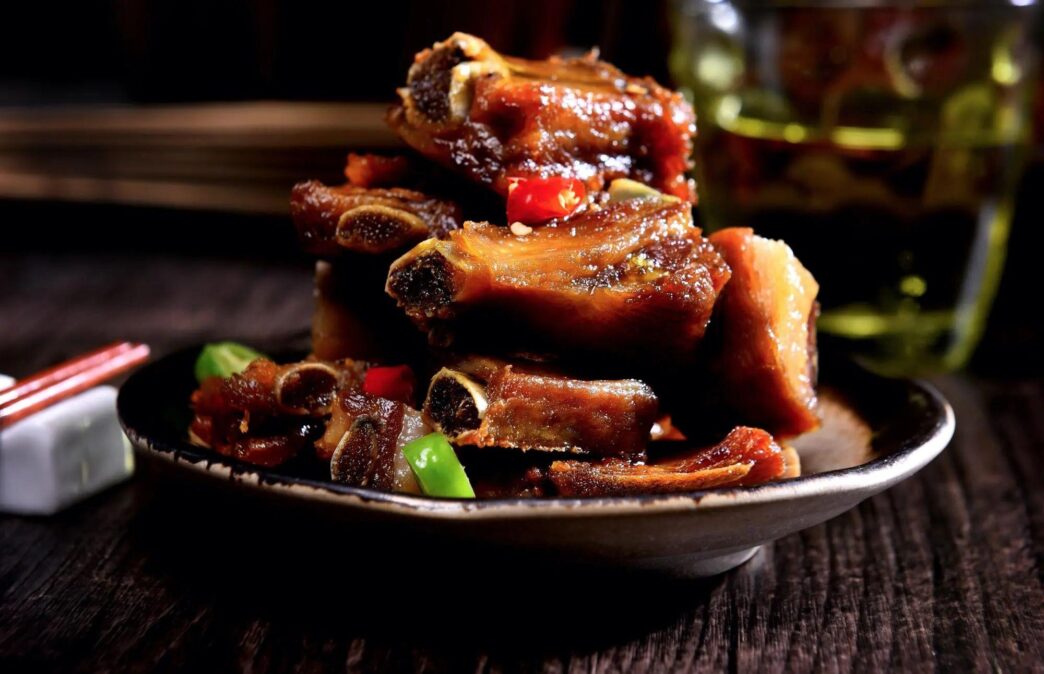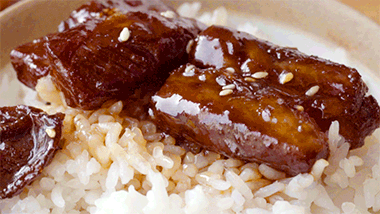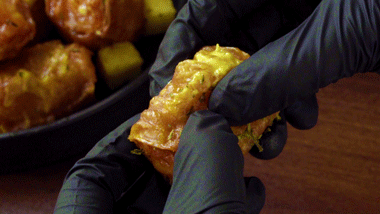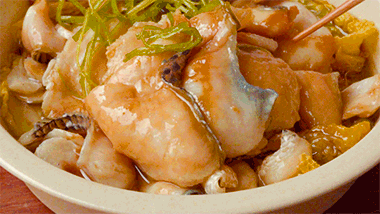Lately, pork stocks have been soaring, and while that’s great for my wallet, it also reminds me that pork prices are heading up too. During last year’s price peak, I consumed quite a bit of cheaper imported pork. But let’s face it—many people in China remain skeptical about imported meat. Aside from pandemic concerns, frozen meat feels less fresh. More importantly, many complain it has a strange smell—some say stinky, others say gamey. Some even believe it’s because pigs aren’t bled properly during slaughter abroad. But is that true?
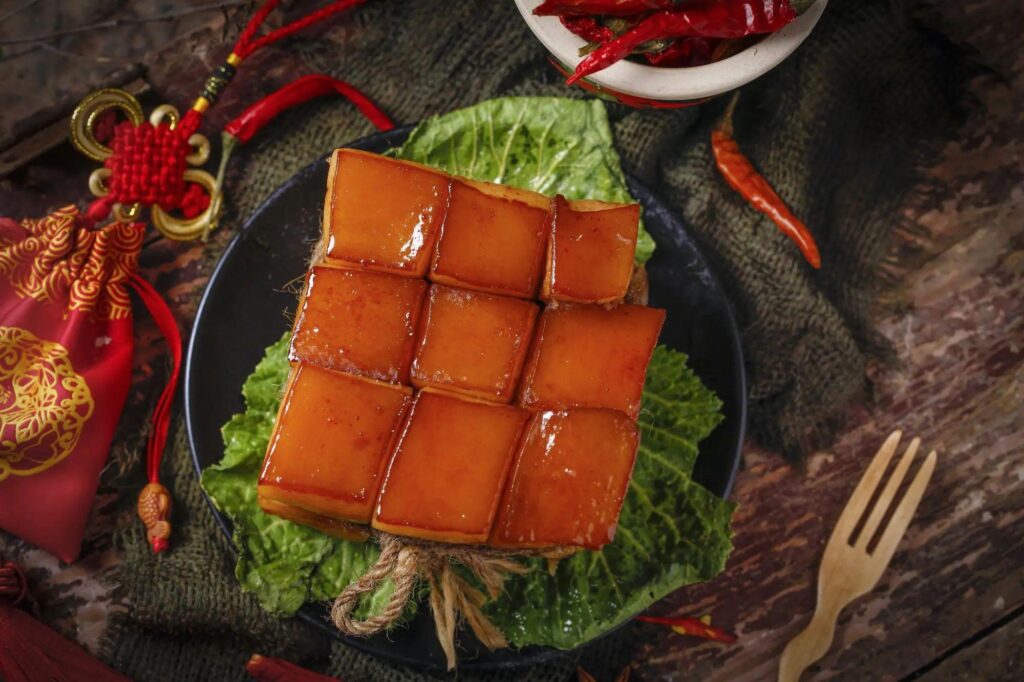
Bloodletting Is Standard in Modern Slaughterhouses
A long-circulating theory claims that overseas pigs are stunned by electricity or CO2, then butchered without bleeding, causing unpleasant flavors. In contrast, many Chinese still imagine the traditional method—cornering the pig, tying it up, and slitting its throat with a gush of blood.
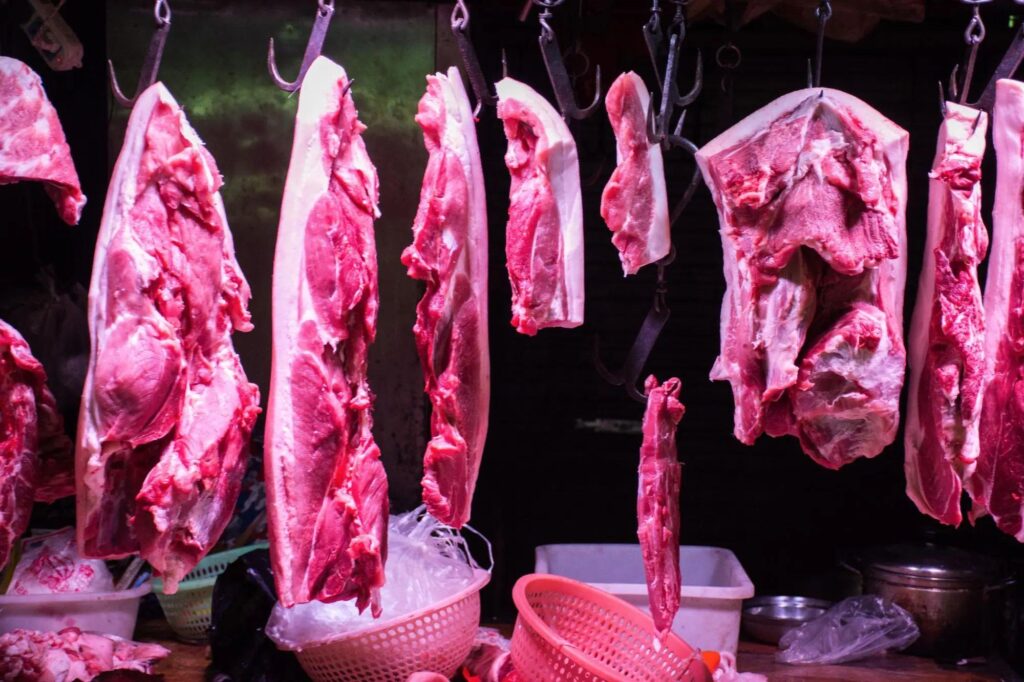
In reality, both of these beliefs are exaggerated. Traditional slaughter is low-efficiency and very bloody. Modern slaughterhouses in both China and abroad generally use stunning followed by proper bleeding. Skipping bloodletting would make the meat spoil faster and look bruised. The pork we eat—whether fresh or chilled—is bled properly. Especially for aged meat, it’s kept at 0-4°C for 12-24 hours, reducing fluids and bacterial growth, while enhancing texture.

Frozen imported meat also goes through this process. Though freezing may dull flavor or texture, the smell isn’t due to skipped bloodletting.
The Real Culprit: Boar Taint
That weird pork smell is called boar taint. It primarily comes from meat of uncastrated male pigs. These boars produce high levels of androstenone, a steroid with a urine-like smell, and skatole, a compound that smells like feces.
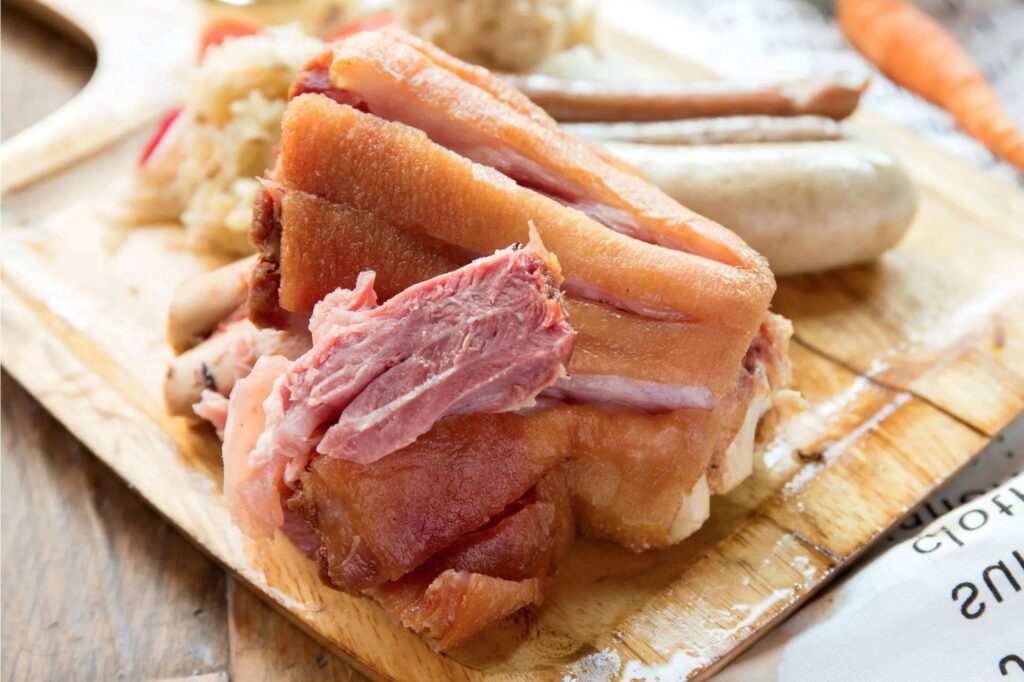
Most female pigs have low androstenone levels, which is why their meat generally smells better. Skatole is produced in all mammals’ intestines but is usually broken down by the liver. However, boars have more steroids, which hinder this breakdown, causing skatole to build up in fat tissue.
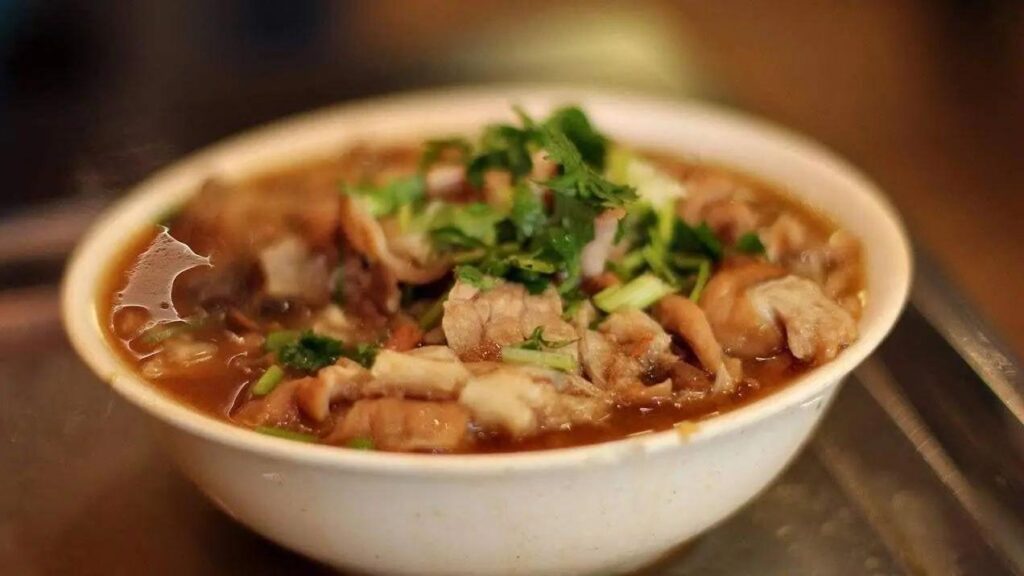
Why Domestic Pork Smells Better
In China, almost all commercial male pigs are castrated early in life (also called “knocking pigs”). This eliminates androstenone and allows skatole to be metabolized. Most female pigs are also slaughtered before hormonal changes, around 100kg.
So why don’t all countries follow suit?

Global Castration Practices Vary
While no one enjoys boar taint, not all countries castrate pigs, and here’s why:
- Animal welfare: Some argue surgical castration is inhumane unless done under anesthesia. The EU tried to phase out surgical castration by 2018, but the goal wasn’t fully met.
- Economic efficiency: Castrated pigs grow slower and produce fattier meat, which is less profitable.
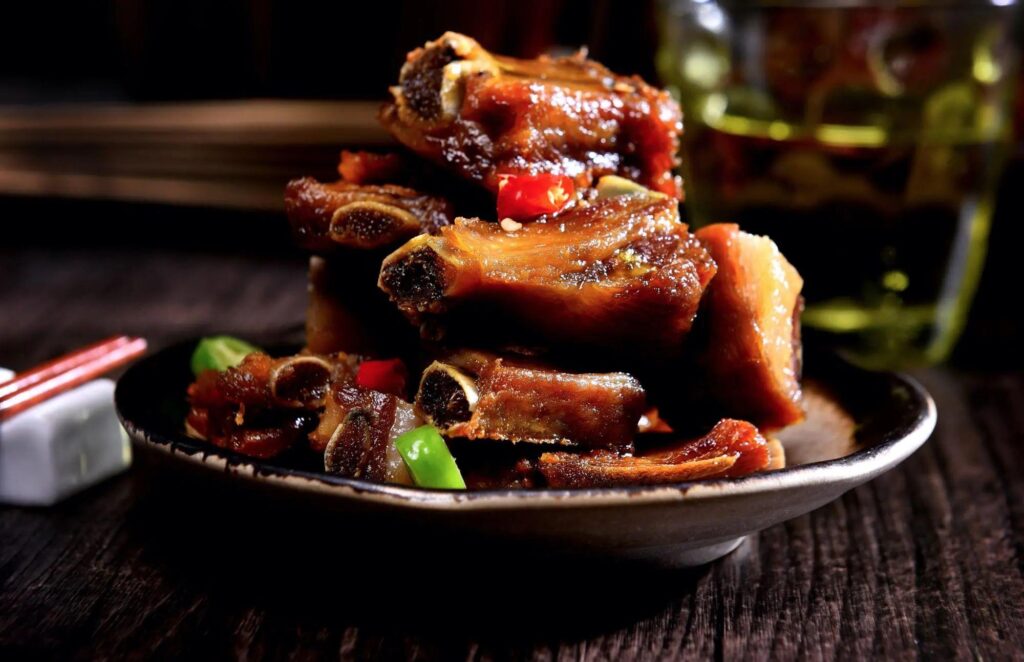
Alternative: Vaccination
Some countries use a vaccine to chemically suppress boar hormones. However, even in places like New Zealand where it’s widely used, the boar taint levels remain higher than in EU pork.
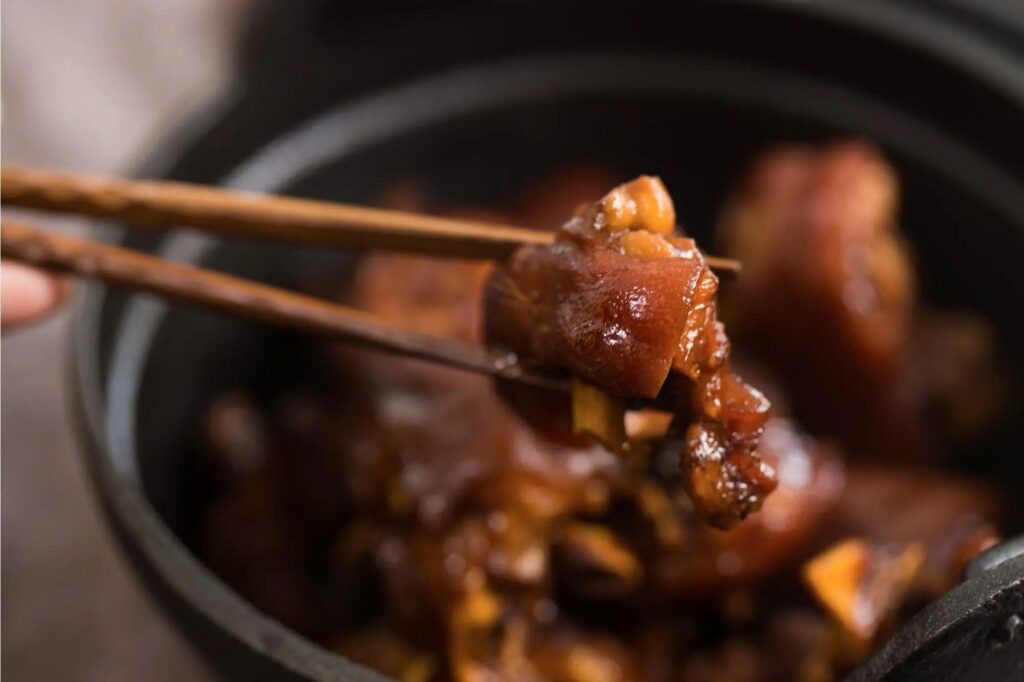
Country Guide to Boar Castration
When buying imported pork, it’s smart to know where your meat comes from:
- High boar taint risk: Spain, UK (low castration rates)
- Medium risk: Netherlands (partial castration)
- Low risk: Germany (over 80% castration)
- Mixed practices: USA, Canada
- Unknown practices: Brazil (import growth, limited data)

Bought Smelly Pork? Here’s What to Do
If you end up with pork that smells off, don’t panic or toss it. Try this:
- Wash the pork thoroughly.
- Place it in cold water.
- Simmer on the lowest heat for about 30 minutes until scum forms.
- Rinse with warm water.
This removes most of the odor. The inside will still be raw, so cook as needed.
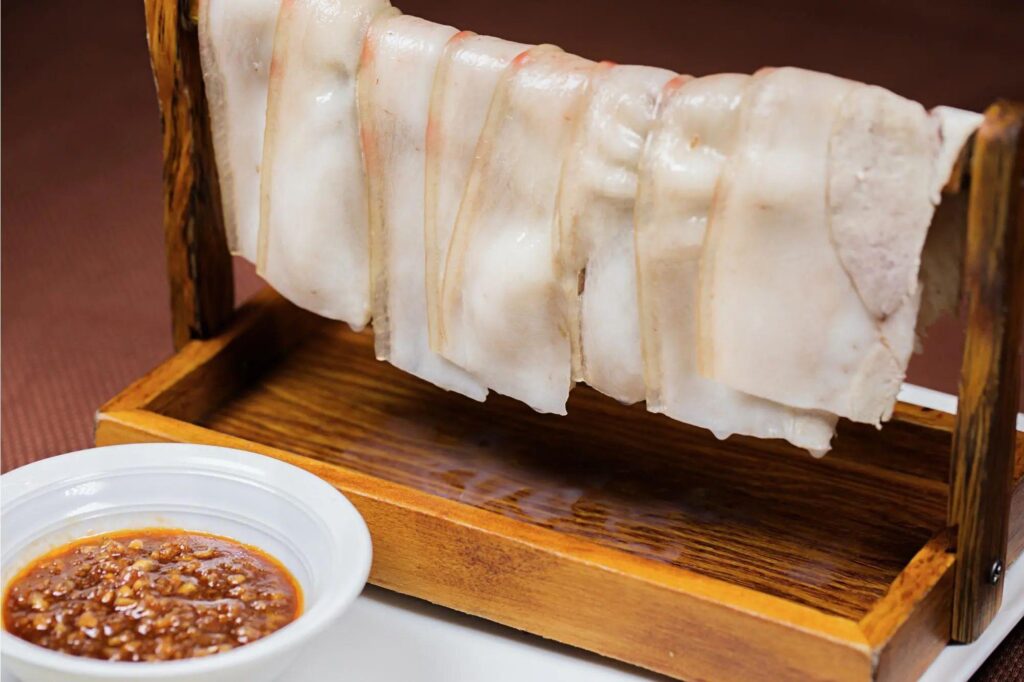
Final Thoughts
Despite concerns, most imported pork is safe. While the flavor might not match fresh local meat, the smell isn’t from skipped bloodletting. Understanding boar taint and global farming practices can help us make smarter food choices—and hopefully enjoy more delicious pork in the new year!








